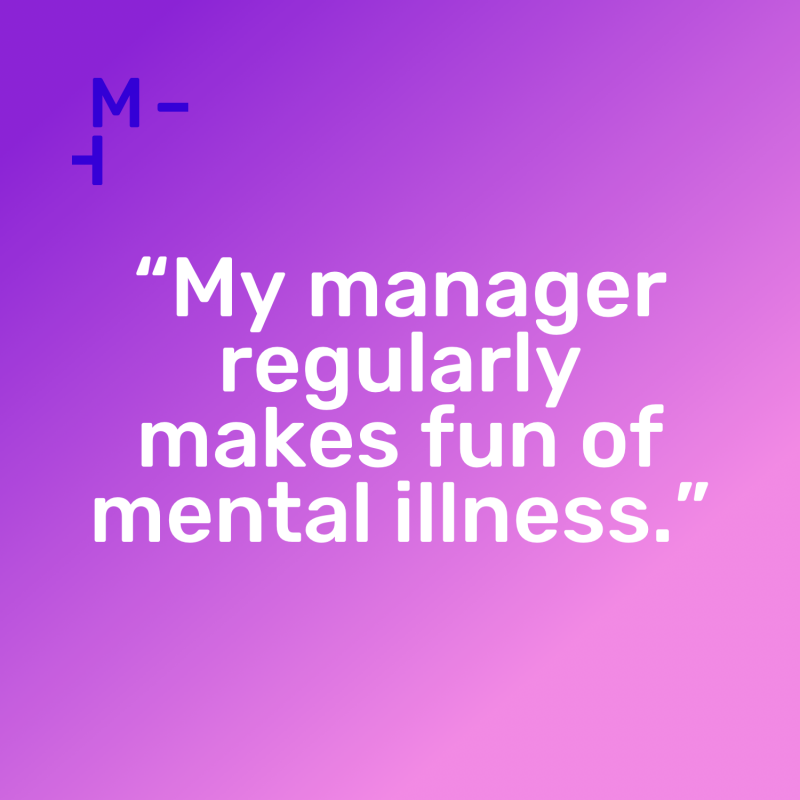The industry’s mental health hasn’t improved, and almost half are drinking at risky levels
The second Mentally Healthy survey has revealed that the media, marketing and creative industry’s mental health has not improved since 2018’s inaugural study, and almost half of those surveyed are drinking alcohol at risky or harmful levels.
As in the first study completed 18 months ago, 56% of the more than 1,500 respondents displayed mild to severe symptoms of depression, and 52% symptoms of anxiety – a slight improvement on 2018’s 55%. Yet just 6% feel their company is highly effective in addressing mental health.

A quote from one respondent


This really shouldn’t be a surprise.
Yoga, healthy foods, mindfulness are not going to prevent mental health issues when somebody is required to work 12 hour days or delivery 5 responses in a week.
The tough conversations and industry changes need to happen. Agencies need to be firm on pricing, resourcing, and payment terms so that a team is well resourced and remunerated. This will ensure that teams have the correct capacity to deliver the work in their paid schedules and in an ideal world, have an hour or 2 spare to think.
The ad industry has not been a good ride. Not for me anyway. I am looking for work and the thought of going back into a media agency makes me physically unwell. 12 hr days, no time to think, no real support, no professional growth. Cant help but feel it is an industry that just takes from its people.
This saddens me that it has not improved at all but I am not surprised.
This is only going to get worse as the office is not returning to normal any time soon.
Loneliness needs to be a priority as does assistance and support in leading remotely.
Put your money where your mouth is and start acting on this.
To say I am a veteran ad man might be understating it , got out just in time before I may have become a statistic.
This article and those who are interested enough to respond resonates with me, as to this very day I still need professional help and chemically prescribed medication and will for everyday on this earth.
Awareness is stronger no doubt but nowhere good enough in today’s “normal” world let alone covid 19 impact.
I was greeted by work mates with “ taking your tablets today x” , just a bit off mate she will be right have a beer after work, “ he was always a strange type of person” etc.
Go spend time in a professional physc facility those who mock and do not understand or want to????? Try ECT???? I lost life long friends who where subjected to this ignorance!!! Enough said.